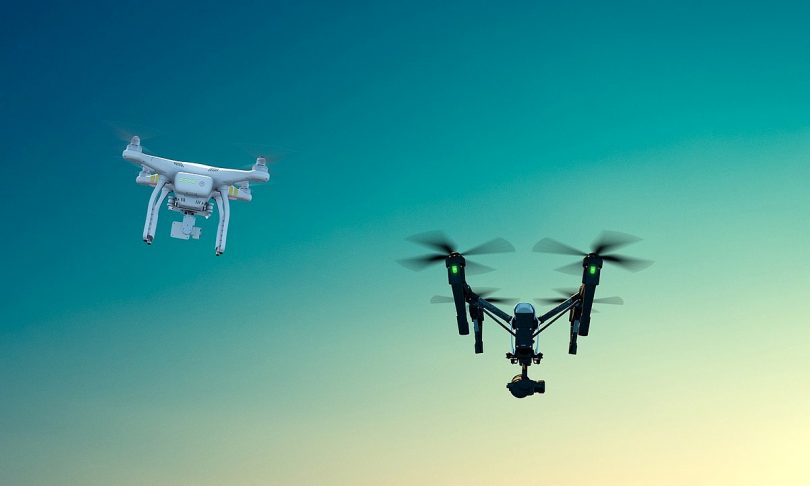The European Commission, European and national authorities together with the industry adopted the Amsterdam declaration to advance safe, secure and green drones operations in Europe. The declaration stresses that Europe should come up with concrete smart mobility solutions that integrate aviation in wider transport policy. These solutions should also support automated drone operations over longer distances. The Commission and the European Union Aviation Safety Agency reiterated their readiness to help Member States to implement the drone regulation.
Violeta Bulc, European Commissioner for Transport said, “I am delighted to see that smart mobility solutions are becoming reality. All partners are on board to ensure safe, secure, green and quiet drone operations. Our U-space system will connect all drones flying in the air, which in turn makes them visible for authorities and citizens. The EU’s Demonstrator Network will be instrumental in the development process.”
Technologies are maturing fast. Industry is showing today that drone taxis no longer are a far-fetched future – they are ready for entry into service in a couple of years. The meeting concluded that regulators must continue to coordinate their efforts to allow drone services and smart mobility solutions. Expectations for the industry are to develop product standards as a priority. This smooth coordination – also through the recently launched EU U-space Demonstrator Network – needs to continue to ensure that the first commercial services can be realised by 2019.
The Amsterdam Declaration calls all stakeholders to work in parallel and with maximum cooperation on the following:
- Supporting cities in their efforts to provide a fertile ground for smart mobility solutions involving drones;
- Actions should focus on achieving a strong drone services market;
- Regulators should timely deliver the U-space regulatory framework that is indispensable for highly automated drone flights over longer distances;
- Societal concerns and local needs should always be at the forefront of all actions;
- Drone and U-space technologies should evolve further by driving and prioritizing R&D drone projects.
The European Union is now competent to regulate drones regardless of mass. The Commission is in the final stages of its consultations with Member States on technical drone rules and their adoption is foreseen in the first trimester of 2019. The EU U-space Demonstrator Network allows the sharing of knowledge on how to keep drone operations safe, secure and green.
EU-wide framework for drones
In December 2015, the Commission proposed to create an EU-wide framework for drones as part of its Aviation Strategy. This framework became reality with the entry into force of the new EASA Basic Regulation which allows the establishment of technical rules and standards for drones and drone operations.
Related articles:
– Logistics and Delivery: Towards Autonomous Mobile Robots and Drones (3. April 2018)
– Cargo drone for military purpose developed in China (15. November 2017)





